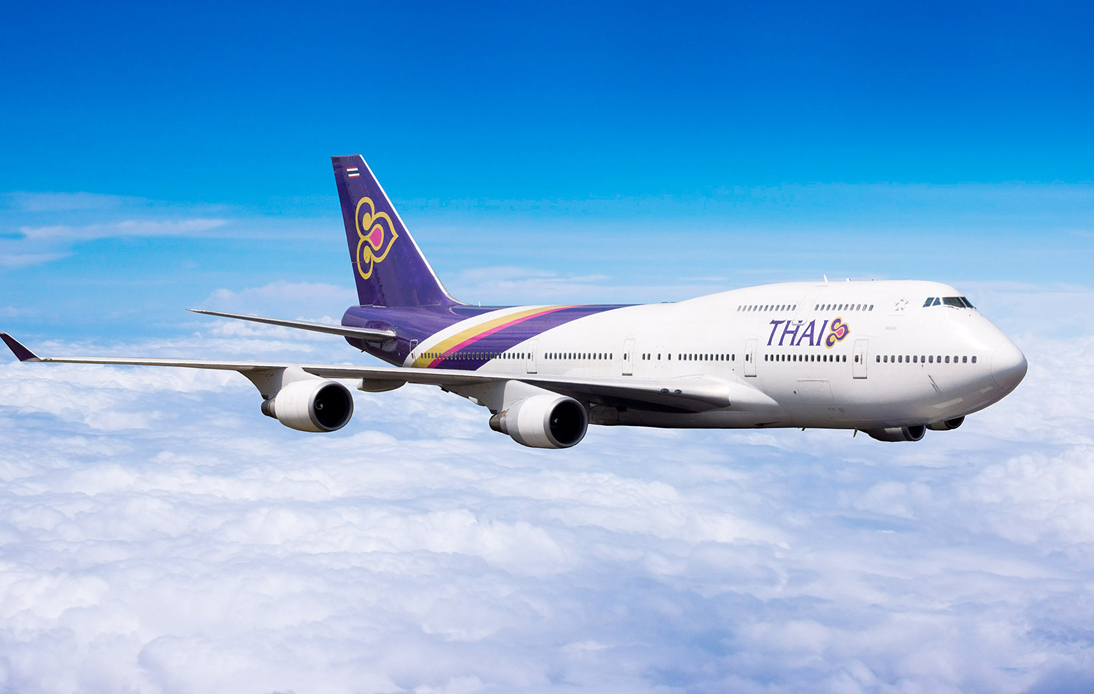
Thai Airways International Plc (THAI) has launched a plan to get back into the business and resume its position as one of the world’s top ten airlines after a rehabilitation process to overcome a difficult period.
Executives from the national flag carrier said they were seeking strategic partnerships with Thailand’s largest energy conglomerate PTT Plc and other private companies as they work on THAI’s commercial rehabilitation.
Moreover, the airline has asked creditors to approve its revised rehabilitation plan to boost its financial recovery.
Piyasvasti Amranand, the chairman of the THAI committee that oversees its rehabilitation project, said approving the plan would probably not be a problem, as it “is the way to rehabilitate the company’s financial status and benefit the creditors.”
THAI was considered one of the world’s 30 leading airlines. However, the company had to enter a rehabilitation process after legal issues that affected its operations and services, generating negative criticism among passengers. All of this occurred in the midst of the two-year pandemic that impacted the global travel business.
Moreover, the airline entered bankruptcy in 2021 with a 400-billion-baht debt. During that period, it was unable to refund passengers’ tickets after their flights had to be suspended due to pandemic-induced restrictions.
However, THAI has seen its business revive after tourists began to arrive again and the industry’s restructuring brought down costs.
According to Mr. Piyasvasti, the airline went from having a 9 billion baht loss in earnings before interest, taxes, depreciation and amortization (EBITDA) in last year’s second quarter to earning 168 million baht in the same period this year. The company has also reported continued improvements in July and August.
THAI’s acting CEO, Suvadhana Sibunruang, said he was confident the company would regain its position among the world’s leading airlines after completing its rehabilitation process and when its shares are listed on the market again in 2025.
In recent years, THAI has undergone corporate restructuring, reducing its staff from 29,000 to 14,4000 to cut costs. It also reduced its fleet from 103 aircraft to 61, hoping to improve efficiency.
Now, the airline is looking for candidates for its first private partnership agreement. The national oil and gas conglomerate PPT, which has excess capital that could boost the troubled THAI’s revitalization, is the first potential ally.
The company has also considered other partners and shareholders, including foreign firms, to diversify its businesses in logistics, freight forwarding, and catering areas.
Mr. Pitasvasti said that the airline would no longer remain a state-owned company, as the Finance Ministry and other state shareholders would retain no more than 50% of its ownership.
As part of the restructuring plan, THAI would also seek a new six-year term loan and/or a bond with the same maturity term of up to 12,500 baht. The airline also expects to increase its capital registration by around 31.5 billion shares to achieve positive equity to stabilize its financial status.




















